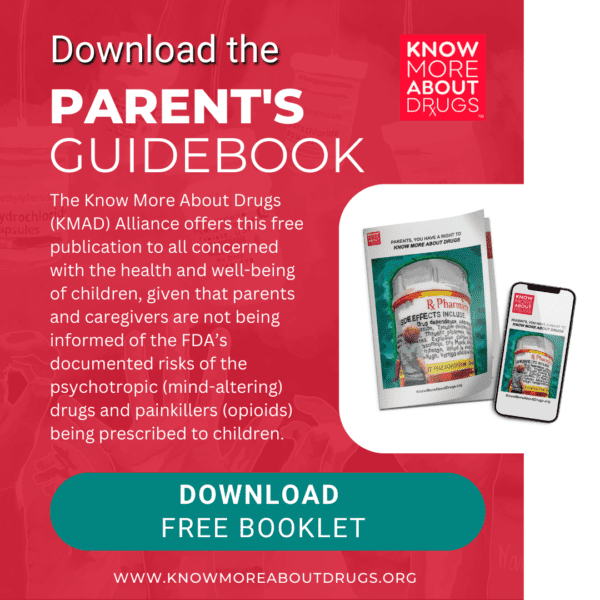ABOUT THE “KNOW MORE ABOUT DRUGS” ALLIANCE
ABOUT THE “KNOW MORE ABOUT DRUGS” ALLIANCE
ABOUT THE “KNOW MORE ABOUT DRUGS” ALLIANCE
THE

ALLIANCE
Championing Informed Consent
for Parents & Caregivers
We are an alliance of medical professionals, child advocates and parents who champion the right of parents and caregivers to be warned about the most serious side effects of prescribed psychotropic (mind-altering) drugs in a simple, easy-to-understand format.
A large number of parents and caregivers are unaware that many of the most dangerous and/or addictive side effects of prescribed psychotropic drugs are already available through the Medication Guides (MedGuides) of the Food and Drug Administration (FDA), yet this vital information is not being made known to parents. The only time parents may be aware these MedGuides exist is if they get a prescription filled at the pharmacy and if they happen to read the package insert. We believe parents should be made aware MedGuides exist before agreeing to place their child on a psychotropic drug or prescribed opioid, in order to have educated and informed conversations with their physicians. The MedGuides are available online at the FDA’s website, and the Know More About Drugs Alliance is simply informing parents they exist.
Our alliance comprises doctors, other medical experts and award-winning documentary filmmakers who have investigated the effects of prescription drugs on children and teens, as well as families whose children have died from prescription drugs that were legally prescribed to them.
Our goal is not to tell parents or caregivers what choices to make, nor to give medical advice. Our intention is only to arm parents with existing information on prescription drug side effects, so they can make educated decisions.
Find out more about FDA MedGuides here.
WHO WE ARE
Founding Members
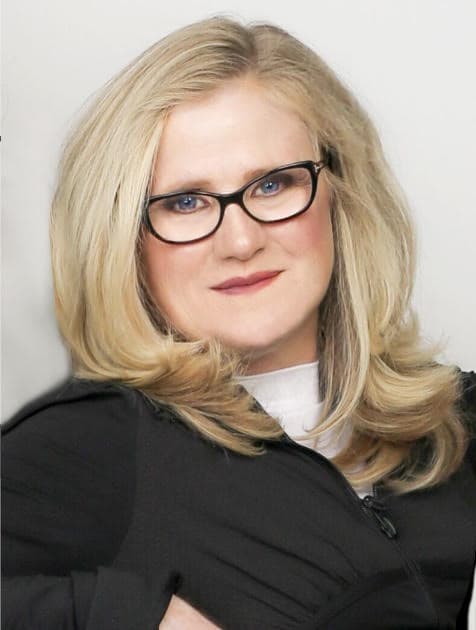
NANCY CARTWRIGHT Iconic voice-over actress, world-renowned as the Emmy Award–winning voice of Bart Simpson, is not the only credit on Nancy’s resume as a consummate artist. Nancy is likewise an accomplished sculptor and painter, whose work is permanently displayed not only at the prestigious News Corp. Building in downtown Manhattan but also at the USC School of Cinematic Arts.
Nancy was inspired to begin using her artistic talents as a force for positive change after meeting Mathy Downing and learning about the tragic story of her daughter Candace. The harrowing account of how Candace hanged herself as a result of a drug-induced psychosis caused by an antidepressant is featured as “A Mother’s Story” on this website. Mathy had never been given information about the drug’s associated risks, despite requesting this information several times.
As Nancy delved further into the issue, she met more parents with similarly devastating stories, many of whom were not aware of the documented risks and potentially addictive side effects that psychotropic drugs and prescription opioids can pose to children. It was through talking to parents and child advocates that Nancy first learned of the FDA’s Medication Guides, which address issues that are specific to particular drugs and drug classes and contain FDA-approved information that can help patients avoid serious adverse events. These information sheets are easy to read and available online for the majority of psychotropic drugs, providing parents with information on the most serious side effects and documented pediatric risks. Unfortunately many parents are unaware these FDA-approved Medication Guides exist. Joining forces with parent and consumer advocates, Nancy initiated a public-awareness campaign to help inform parents about the Medication Guides so they could make educated, informed choices.
But it is her “reverse style” painting—an art form inspired from the age-old original animation technique she uses called “reverse painting”—that is her most relevant artistic endeavor as a Founding Member of the Know More About Drugs Alliance. Her paintings were inspired by the actual side effects listed in the FDA’s Medication Guides, along with headline press on the prescription drug epidemic, including infants and toddlers being prescribed powerful psychotropic drugs.
Nancy is a generous and active philanthropist who particularly focuses her efforts on supporting the rights of children. She is an avid volunteer within the North San Fernando Valley community, where she is serving her 15th year as Honorary Mayor and was recently awarded the coveted Fernando Award, for those whose community service goes above and beyond. Nancy was also the recipient of the prestigious Icon Award from the Make-A-Wish Foundation for the help and happiness she has given to numerous children.

KIM WITCZAK is a leading national drug safety advocate with over 25 years’ professional experience in advertising and marketing communications. She became involved in pharmaceutical drug safety issues after her husband, Woody, took his own life five weeks after being prescribed an antidepressant for trouble sleeping due to a new job. Prior to taking the drug, he never expressed suicidal thoughts nor suffered from depression or any other mental illness.
Kim co-founded Woodymatters, a nonprofit dedicated to advocating for a stronger FDA and drug safety system. In 2016, she was appointed Consumer Representative on the FDA Psychopharmacologic Drug Advisory Committee,
a position she holds to this day.
She is on the board of directors of both the National Physicians Alliance and MISSD (Medication-Induced Suicide Prevention and Education Foundation in Memory of Stewart Dolin), and is an active member of the DC-based Patient, Consumer, and Public Health Coalition, ensuring the voice of nonconflicted patients and consumers is represented in healthcare/FDA-related legislative issues.
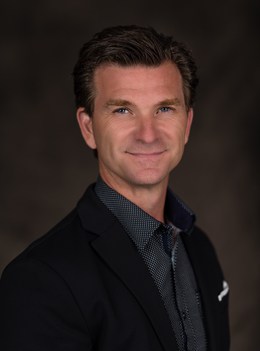
DR. TOBY WATSON is licensed clinical psychologist, a former Chief Supervising Psychologist Executive for the State of WI-Dept. of Corrections-KMCI, and was a state-wide training coordinator. Dr. Watson is the former International Executive Director of the International Society for Ethical Psychology and Psychiatry, a former United States federal mental health disability examiner, and the past Clinical Director of Associated Psychological Health Services. Dr. Watson has also presented at, with and or before numerous organizations, including the International Society for Psychological and Social Approaches to Psychosis, George Washington School of Law, UCLA, and a host of professional conferences. He is a member of and/or supports of the Alliance for Human Research Protection, the National Alliance of Professional Psychology Providers (NAPPP), the Hearing Voices Network, MindFreedom International, Citizens Commission on Human Rights, and the Pre-Therapy International Network.
Dr. Watson has provided expert testimony to the Food and Drug Administration regarding prescription drug risks and medical device dangers. He was a keynote guest speaker and lecturer to the Congress of Mexico, and also to the Senate of Mexico, providing research data regarding psychotropic medication and mental health outcomes. He has appeared on several national television networks speaking out against child behavioral disorders being treated by psychiatric medications as a first line of defense, and he has appeared as a featured guest on numerous national syndicated radios shows throughout the United States.
“The FDA required Medication Guides are issued for certain prescribed drugs in order to reduce the ‘serious adverse effects’ of certain medications. It is impossible to make an informed choice about taking, or not taking, a recommended drug without this often life-saving information. The FDA indicates this information is ‘essential’ for helping prevent serious negative outcomes yet most citizens do not know they exist. I am therefore in full support of the “Know More About Drugs” educational Medication Guide campaign. Anti-depressant medications often cause people to become more depressed, suicidal, aggressive and violent, while prescription drug information sheet “inserts” provide confusing medical terminology (e.g. “akathisia”), rather than the clear Guides language (e.g. extreme “restlessness and feeling like you need to move”). Medication Guides are invaluable for making informed choices and reducing harm. It is important to know when taking certain ADHD drugs, that they are additive, cause strokes, heart attacks, sudden death, and can cause people to hear voices, become aggressive and violent. The more you know, the more lives we will save and the better the treatment will be.”
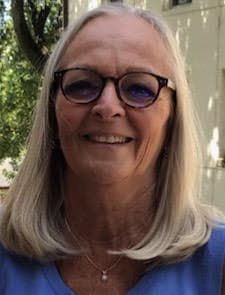
MATHY MILLING DOWNING is a teacher, counselor, international child advocate and the mother of Candace Downing. Candace was medicated with high doses of an SSRI antidepressant documented to cause suicidal thought and action in children and young adults, without her parents being informed of the risks. With no history of depression, Candace was prescribed the drug due to anxiety she would experience while taking tests at school. After eleven months on the drug, Candace hanged herself at 12 and a half years of age. The family successfully resolved the case with the pharmaceutical company that makes the drug when it was proven the drug maker knew suicidal ideation was a side effect.
Driven and determined to do all she could to forewarn parents of the severe side effects involved when it comes to psychotropic drugs and their children, Mathy has testified numerous times before the U.S. Food and Drug Administration; has appeared on The Today Show, CBS Evening News, CNN LIVE, MSNBC, Fox TV, ABC among others; and has been interviewed for and quoted in some of the largest newspapers in America, including the New York Times and the Washington Post.
“The Alliance is being formed at a crucial time in our lives and in the lives of our children. It has been over fifteen years since my little girl died, a victim of an unnecessary medical prescription for an off-label use of an antidepressant. At no juncture were we informed of possible adverse reactions to SSRIs. The packet of medication included no warnings about any serious side effects. I also asked at the pharmacy for some type of medical guide, but they were not aware if one even existed. How is it possible that parents have not been given vital information in order to make the best possible decision for their child’s welfare?
“To assume that parents will take the time to read the complicated and unclear insert that accompanies prescriptions is absurd. Written in medical terminology in a minuscule font, it is not easy to decipher for a typical layperson and is confusing at best. It is imperative that parents be provided clear and concise information about each drug, which outlines possible side effects and symptoms in a straightforward manner. Parents need to be made aware of any negative outcomes so that they can make the best informed decision about the associated drug risks to the child in order to determine if they feel the benefits of the drugs outweigh the risks.” —Mathy Milling Downing

KEVIN P. MILLER is an international award-winning writer, producer and director, whose films have garnered seven regional and national Emmy Awards and nominations and multiple film awards and accolades. His documentaries on psychotropic drugging are arguably the most important ever made covering this subject matter.
His first film on the subject, Generation Rx (2008), documents how the drug companies targeted mothers and fathers as part of a massive marketing campaign aimed at expanding the use of psychiatric drugs to children. Miller highlighted a 734 percent increase in the use of ADHD drugs in 18 months alone, one which the DEA criticized as being propelled forward by Pharma. As a result, millions of children began biochemically altering their brains, oftentimes without their parents being informed of the risks and dangers involved.
Kevin’s 2017 follow-up documentary, Letters from Generation Rx, is narrated by Academy Award–winning actress Tilda Swinton and reflects the stories of thousands of people who wrote to him after seeing his earlier film. The documentary powerfully shares their harrowing experiences on psychiatric drugs, which sadly included lives shattered by the pain of withdrawal, suicides and death—experiences they had not been forewarned about.
“We are simply not providing families and teenagers with the kind of information— complete information—they need in order to make an informed decision. And that is just the most awful thing about all this, because so many of these deaths could have been prevented.”
Documenting and broadly sharing the piercing truth has been his hallmark as a filmmaker throughout his entire career. His first film, Let Truth Be the Bias, is narrated by James Earl Jones and is a hard-hitting exposé about FDA and government suppression of everything from nutrition to so-called alternative medicines. His 2005 documentary We Become Silent is narrated by Academy Award winner Dame Judi Dench; while his films on the homeless and homeless veterans raised awareness—and millions of dollars for veterans’ organizations helping those suffering on the streets.
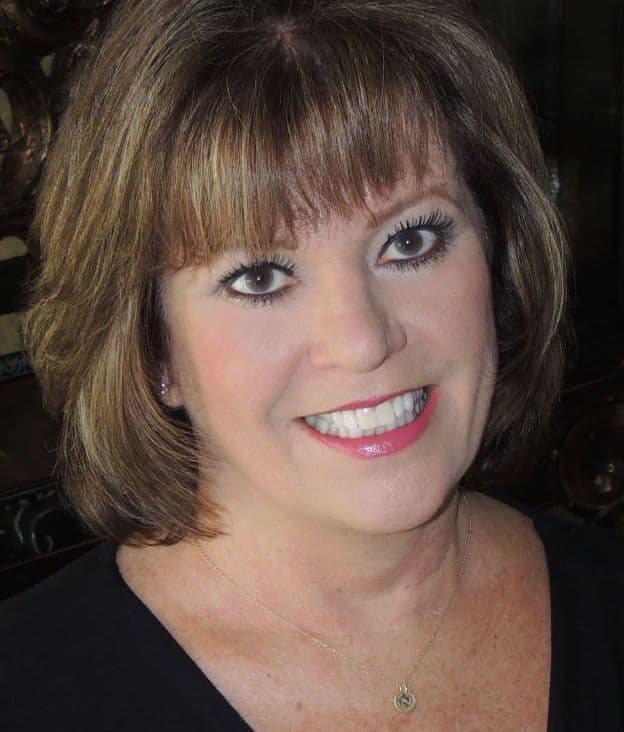
NATALIE COSTA Producer Natalie Costa has made her presence known with her notable film Behind the Orange Curtain. Awarded Best Documentary Feature at the 2012 Metropolitan Film Festival in NYC, this eye-opening film unveils the harsh reality of the prescription drug epidemic that has taken the lives of hundreds of young adults within the affluent Orange County, California, community. Inspired by the tragic loss of her daughter’s childhood friend to a drug overdose, Natalie felt parents and their children needed a wake-up call. Thus the two-year journey of making Behind the Orange Curtain began.
In 2010, Natalie teamed up with film director and acting coach Brent Huff to make the documentary. Her primary goal in making this film was to raise awareness of the drug epidemic, which targets every social and economic demographic. She incorporates firsthand accounts from parents and siblings, CEOs of companies, pastors, first responders, fire captains, physicians, interventionists, sober living facilities, and the DEA and coroner’s offices, all of whom have either lost loved ones to drug addiction or dealt with the epidemic head-on.
Behind the Orange Curtain has circled the globe, been translated into several languages, and has been shown in schools across the country during Red Ribbon Week.
“I believe if parents knew the opioid prescribed for their child’s wisdom-tooth extraction could cause dependence and addiction, they might opt for a different mode of pain management. If they knew how addictive ADD/ADHD medication could be, and that it can have negative long-term side effects, they might explore alternative medications. If they fully understood, parents and patients could make educated choices in pain management.
“Informed consent is vital to patient safety. Every doctor’s office, hospital and care facility must give every patient, their parent, guardian or caretaker clearly printed material and concise labeling on the prescribed medication, contraindications and addiction potential. Until such time as that occurs, the public can at least avail themselves of the information available to them. The FDA MedGuides are a good solution to achieve that, as they are available online.”

BRENT HUFF is an award-winning actor, writer and director who directed Behind the Orange Curtain, a documentary that explores the record number of teenagers dying of drug overdoses from prescription drugs. Behind the Orange Curtain was named Best Film at the Metropolitan Film Festival in New York before selling out four screenings at the Newport Beach Film Festival and winning the Orange County Filmmaker’s Award.
“The opioid crisis is one of the largest and most complex public health tragedies that our nation has ever faced. Anyone who takes opioids in high doses for long enough can become addicted. I believe it is the responsibility of the FDA and companies who produce these often fatal drugs to state clearly in all packaging the high potential for abuse and addiction.
“Most of us don’t take the time to read the ‘fine print’ in patient package inserts due to the small font and hard-to-decipher medical terminology. It’s time to change this so the warnings are easy to understand for all. Making parents aware of the MedGuides is a step in the right direction. Knowledge is power!”

BRADLEY DEHAVEN is a financial planner and author from Sacramento, California, whose teenage son was prescribed an opioid for pain management of a broken arm that lead to full-blown heroin addiction and drug dealing to support his $1,000-a-day habit.
In his book Defining Moments: A Suburban Father’s Journey Into His Son’s Oxy Addiction, Bradley recounts the highly unusual and outright dangerous lengths to which he had to endeavor, venturing into the perilous world of prescription drug dealers, to keep his son out of prison and seek help.
Through competent drug rehabilitation, Bradley’s son recently celebrated 10 years clean from drug addiction.
In an effort to help others to never have to experience the hopeless and tragic life of a family entangled in the endless chaos of a loved one gripped by addiction, Bradley established a forum for discussion at his website, www.rxed.net. The site facilitates communication among those who are affected by prescription drug addiction and includes resources and a forum for support and discussion.
Bradley has written many articles for recovery publications and has been interviewed on major broadcast affiliate television news shows, including ABC, FOX, NBC and CBS, as well as internet outlets, print and radio, including the HuffPost. Bradley and his family have also appeared in two related documentaries, Behind the Orange Curtain and Pain Killers.
“As the parent of a former addict, I can tell you firsthand that more knowledge about the drugs our children are prescribed is necessary and would save lives. A clear, layman’s terms description of prescribed drugs should be provided to any patient and parents of minor patients. It is not too much to ask that someone have a very clear understanding of their prescriptions. Having a child that survived prescription drug addiction (and only through competent rehabilitation), I can tell you—if I would have been better informed as to the ramifications and addictive nature of these prescribed drugs, our son would not have taken them! Our son is lucky to be alive. Having written two books on addiction and spoken to thousands of parents, I can assure you that these parents would do anything to hug their children just one more time.”

